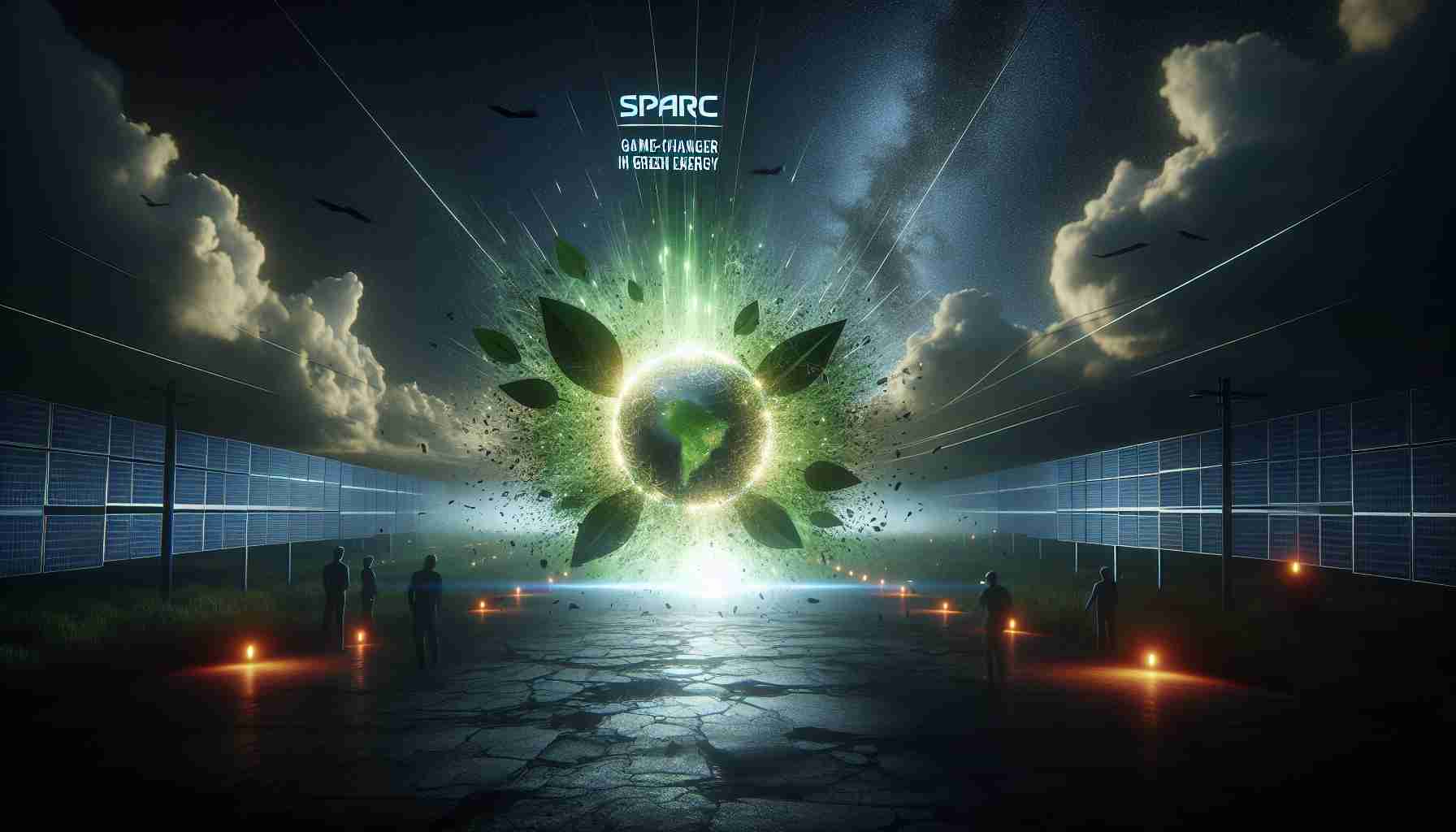Sparc Technologies Ltd (ASX: SPN) is making waves on the stock market after unveiling significant progress in its partnership with Fortescue Metals Group and the University of Adelaide. The company’s shares have risen by 9% to 19 cents, fueled by enthusiastic investor interest.
The surge in interest follows the announcement that Sparc Technologies and its collaborators are advancing to Stage 2 of their Sparc Hydrogen joint venture. This step comes after significant milestones were achieved, which highlight the potential of Sparc Hydrogen’s cutting-edge photocatalytic water splitting (PWS) technology. This innovation aims to produce low-cost green hydrogen without relying on traditional electrolysis or extensive electricity infrastructure.
The next stage for Sparc Technologies focuses on constructing a pilot plant and testing reactors. These efforts will spearhead research and development aimed at commercializing this groundbreaking solar-to-hydrogen technology. The construction of this globally leading facility is anticipated to bolster Sparc Hydrogen’s pioneering status, setting a new standard in sustainable energy innovation.
The leadership of Sparc Technologies expressed enthusiasm for entering Stage 2 with such esteemed partners. The commitment to advancing this technology reflects faith in its potential to revolutionize the green hydrogen market by minimizing dependency on costly renewable power sources.
Fortescue also reaffirmed its support for the project, highlighting the technology’s promise in making green hydrogen a more affordable energy option. They emphasized the significance of establishing the pilot plant to assess the technology’s capacity on a larger scale.
According to the schedule, the construction of the pilot plant is expected to conclude in mid-2025, poised to test various reactor designs and materials for the first time, thus unlocking a new era in green energy solutions.
How Sparc Technologies is Pioneering the Future of Green Hydrogen
In a significant development for the green energy sector, Sparc Technologies Ltd, in collaboration with Fortescue Metals Group and the University of Adelaide, is advancing its innovative approach to sustainable energy production. The company’s recent advancements in its Sparc Hydrogen joint venture have captured the attention and excitement of investors, reflected in a notable 9% rise in its stock market shares.
A New Approach to Hydrogen Production
Sparc Technologies is making headway with its groundbreaking photocatalytic water splitting (PWS) technology, aiming to create green hydrogen in a cost-effective manner. Unlike traditional methods that depend heavily on electrolysis and substantial electricity infrastructure, this technology involves harnessing solar energy to split water molecules, potentially offering a more efficient alternative to current practices.
Pros and Cons of PWS Technology
Pros:
– Cost Efficiency: By reducing the reliance on electrolysis, PWS technology can significantly lower production costs.
– Sustainability: This method leverages solar energy, aligning with global sustainability goals and reducing carbon footprints.
Cons:
– Early Development: As a nascent technology, there are inherent uncertainties regarding scalability and long-term commercial viability.
The Roadmap Ahead
Entering Stage 2, Sparc Technologies will focus on constructing a pilot plant where different reactor designs and materials will be tested. This critical phase is expected to conclude by mid-2025. The establishment of the pilot plant is a pivotal step in scaling up the technology and understanding its potential for broader, commercial applications.
Use Cases for Green Hydrogen
Green hydrogen offers diverse applications, including:
– Transport: Fueling vehicles without emissions.
– Industrial Processes: Decarbonizing sectors traditionally reliant on fossil fuels.
– Energy Storage: Balancing supply and demand in electricity grids with renewable sources.
Predictions and Market Insights
The successful implementation of Sparc’s PWS technology could set a new benchmark in the hydrogen market, potentially transforming energy strategies worldwide. With increasing global demand for sustainable energy and supportive policies boosting green hydrogen adoption, Sparc Technologies is strategically positioned at the forefront of this transformation.
Conclusion
Sparc Technologies’ strides in green hydrogen innovations underscore a significant shift towards more sustainable and economically feasible energy solutions. As developments progress, industry experts and stakeholders will closely monitor how this venture can redefine energy standards and contribute to the future of clean energy.
For more information on this breakthrough technology, visit the Sparc Technologies website.











